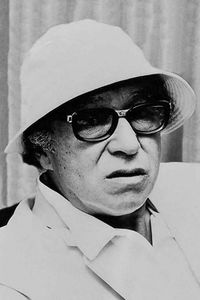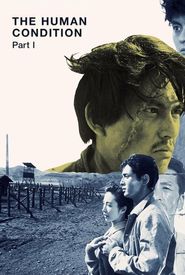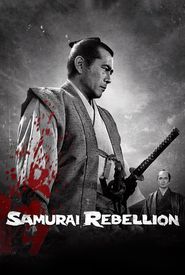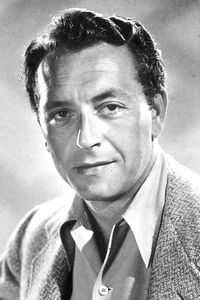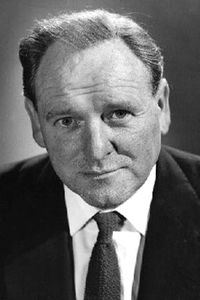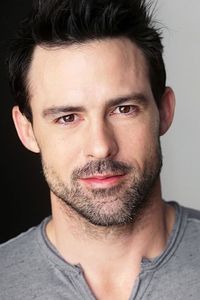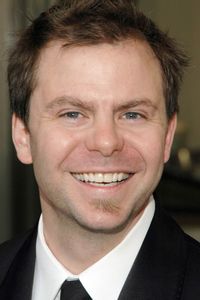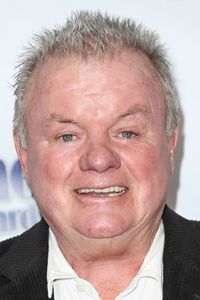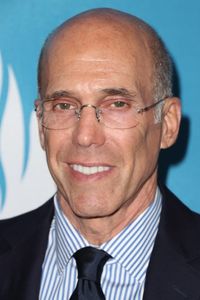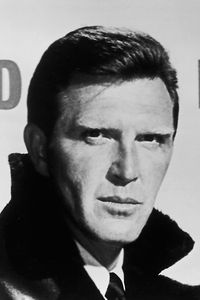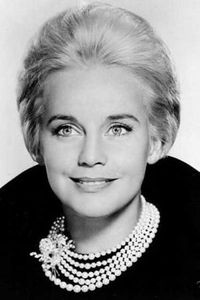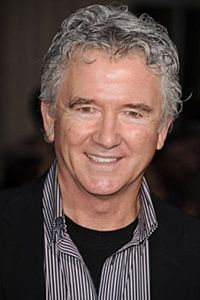Masaki Kobayashi, a renowned Japanese film director, was born on February 14, 1916, and passed away on October 4, 1996. His illustrious career spanned numerous critically acclaimed films, including Kwaidan, a four-part ghost story anthology adapted from the book by Lafcadio Hearn, featuring surprise endings in each tale.
Kobayashi's most notable work, however, is arguably The Human Condition, a trilogy that explores the profound impact of World War II on a Japanese pacifist and socialist. The trilogy's cumulative runtime exceeds nine hours, showcasing the director's meticulous attention to detail and dedication to storytelling.
Other notable films in his repertoire include Harakiri, released in 1962, and Samurai Rebellion, which premiered in 1967. Harakiri received an award at the 1963 Cannes Film Festival, cementing Kobayashi's status as a prominent figure in the world of cinema.
In 1969, Kobayashi served as a member of the jury at the 19th Berlin International Film Festival, further solidifying his reputation as a respected industry professional.
Although he was initially drafted into the Imperial Japanese Army during World War II, Kobayashi's pacifist convictions led him to refuse combat and promotion to a rank higher than private. This personal experience likely influenced his work, particularly in The Human Condition trilogy.
